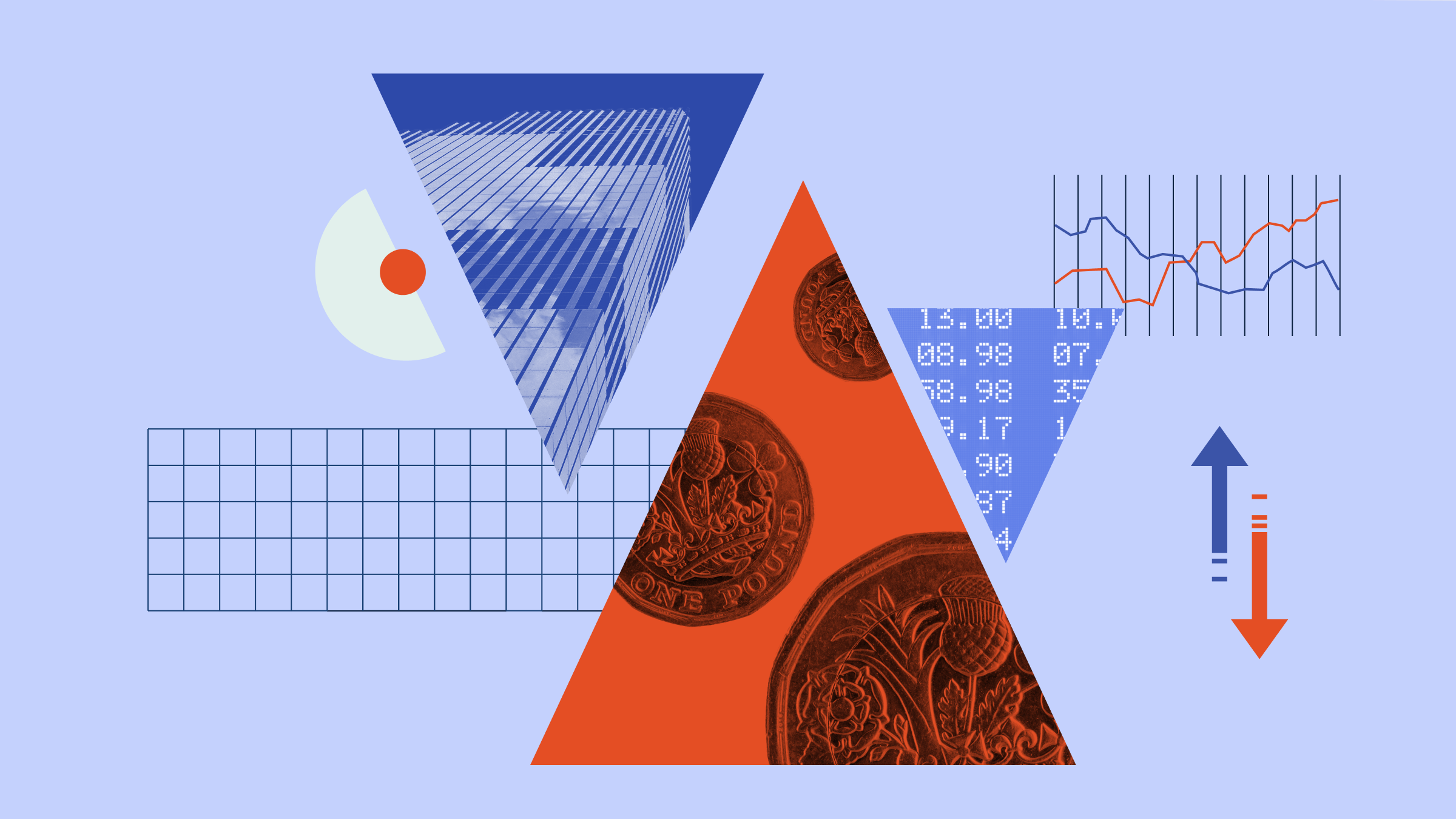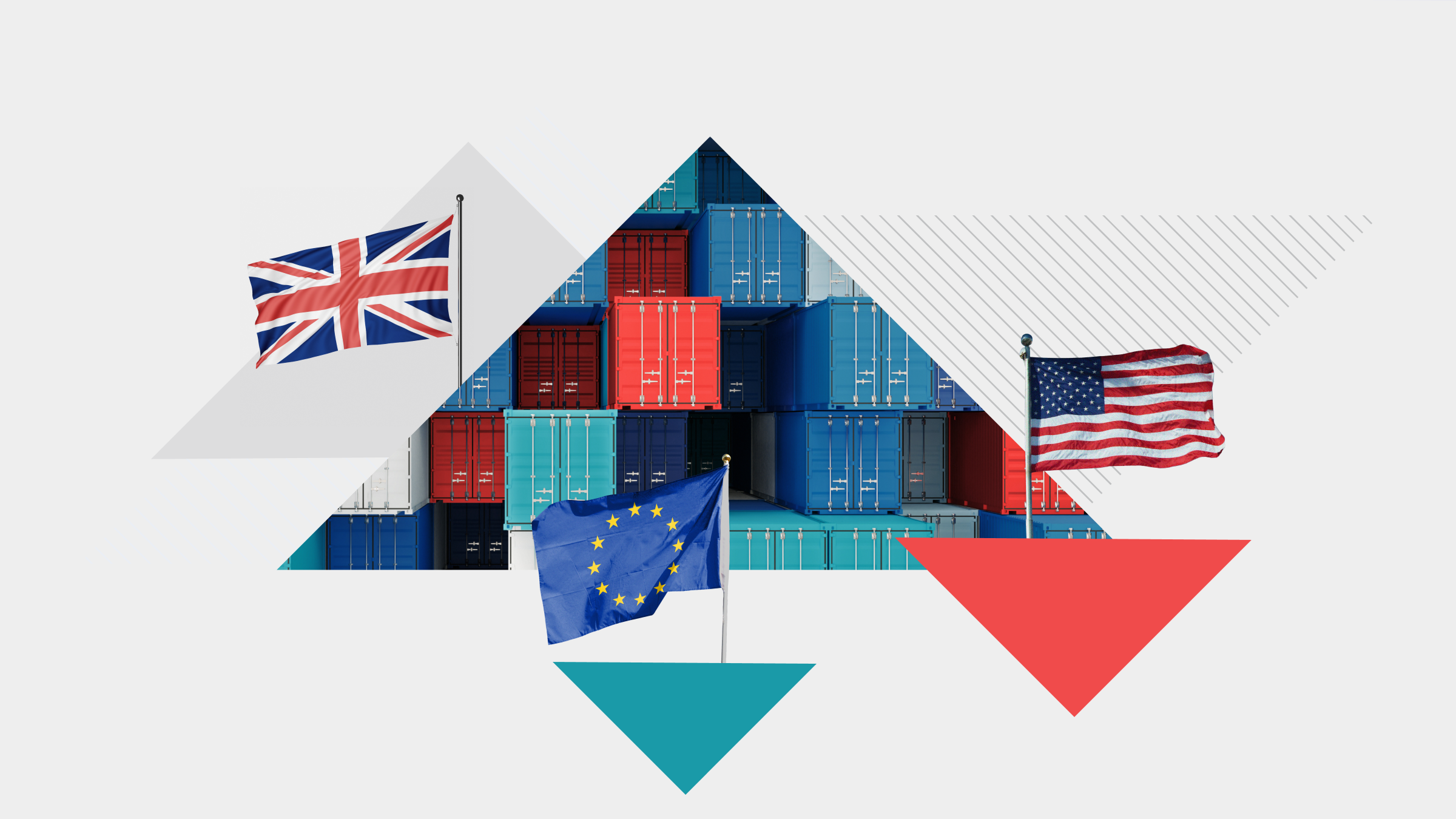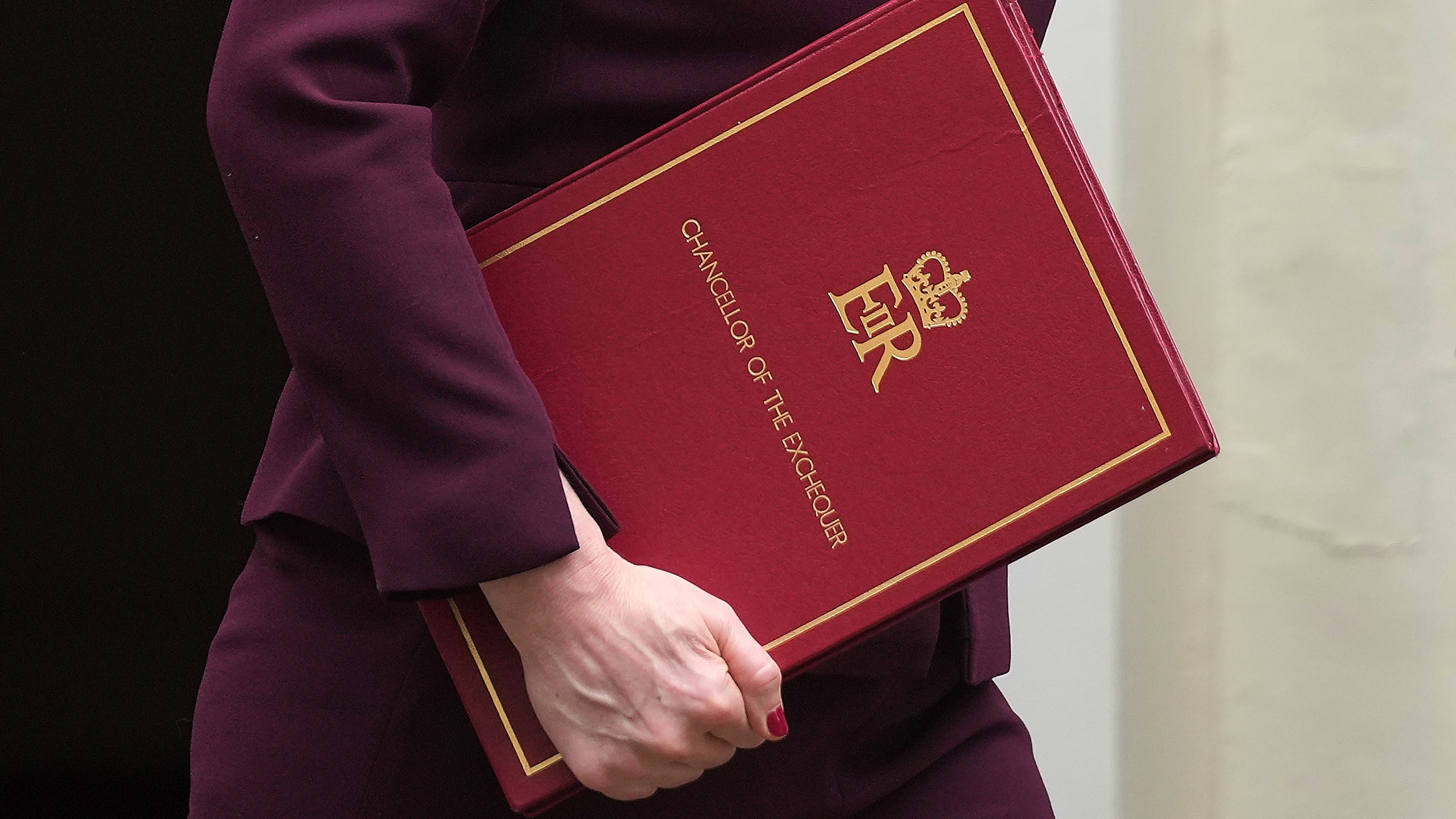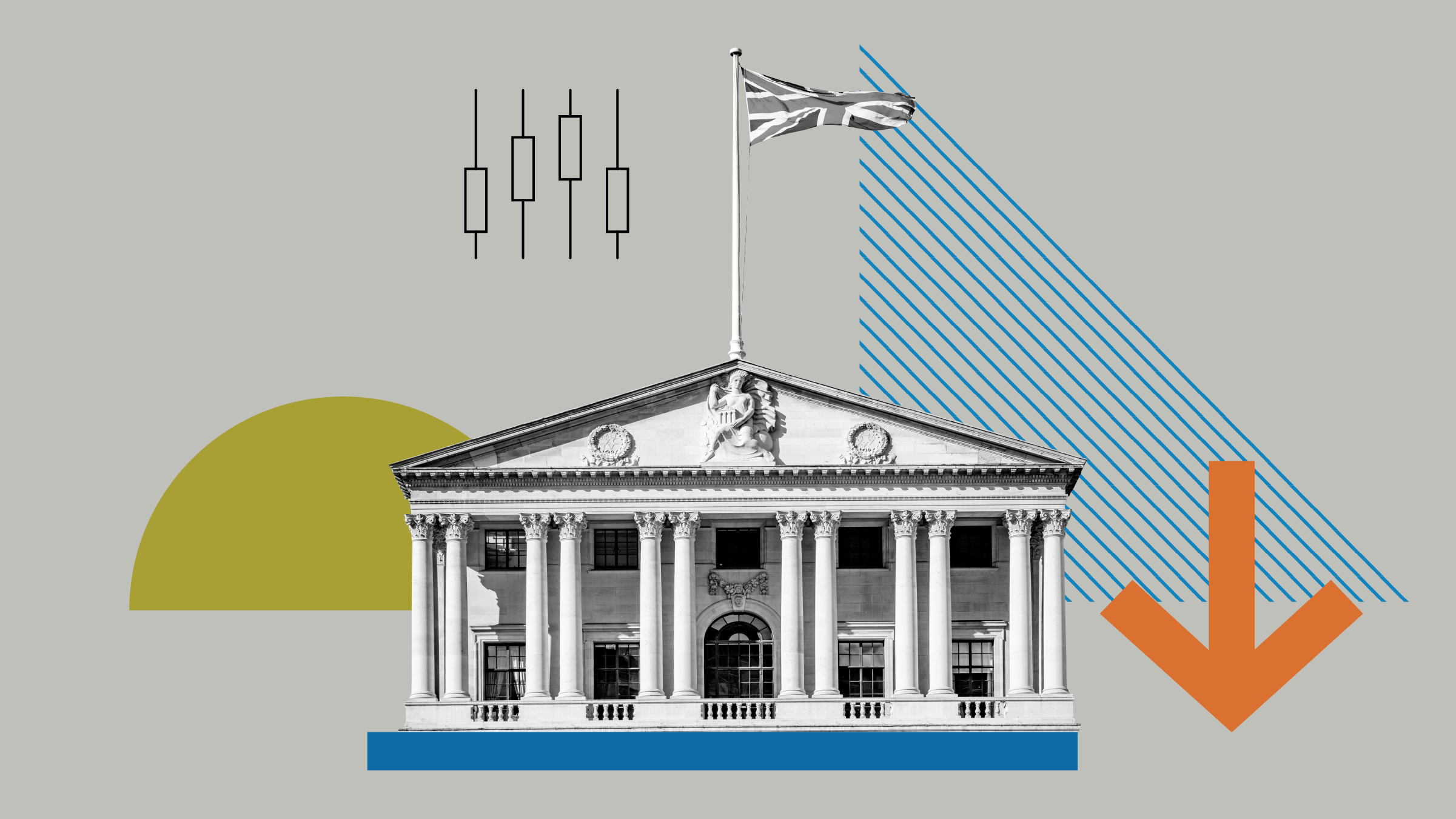
Sustainability is a big deal to a lot of people today. In survey after survey, citizens express concern about climate change, environmental issues, the ways companies treat their workers, and corporate social responsibility.
In the investment world, these concerns are often referred to as environmental, social, and governance, or ESG, issues. More and more investors are interested in seeing ESG concerns addressed in their portfolios, but many don’t know where to start from and feel overwhelmed by the growing number of ESG funds on offer.
For these investors, funds like the UBS MSCI ACWI Socially Responsible ETF (AWSR) could provide an easy way to dip their toes into ESG investing. The fund is a one-stop shop solution offering exposure similar to that of the well-diversified MSCI ACWI Index – a global equity index covering 23 developed and 26 emerging markets. Meanwhile, its focus on ESG earns it a sustainability rating that is better than 96% of its category peers. Indeed, the fund has earned the highest sustainability rating available from Morningstar of five globes.
The fund is well diversified with 566 holdings. Among its largest positions are US giants PepsiCo, Walt Disney and Microsoft. Elsewhere, it holds Swiss pharma firm Roche and computer chip maker Taiwan Semiconductor.
In terms of performance, funds which track the MSCI ACWI or similar indices are very competitive - outperforming around 80% of the 2,000 or so funds in the Morningstar Global Large-Cap category. The UBS fund has returned 13.6% year to date, with an ongoing charge of 0.38%.
How is Sustainability Measured?
Sustainable funds are typically concentrated towards those businesses with a best-in-class ESG profile. At the same time, they tend to be underweighted relative to a standard non-ESG proposition in companies with a poor ESG profile or those involved in controversial practices.
For ESG profiling, Morningstar uses company-level data and research from Sustainalytics to assign each company a rating, that is then aggregated to fund level. The second step is the deduction of ESG controversies in which the portfolio’s holdings are involved.
So, for example, our ESG scoring system will reward a fund that underweights or excludes BAE Systems, which is involved in the production of platforms for nuclear weapons, and overweights Reckitt Benckiser, an industry leader with above-average corporate governance.
What Does High Sustainability Means for Returns?
Having a highly sustainable portfolio can result in a portfolio that deviates significantly from a standard non-ESG index. This is because the exposure to some companies inevitably increases while holdings in other stocks are reduced or entirely eliminated.
For example, the MSCI ACWI SRI index only has 20% of the constituents of its non-ESG counterpart the MSCI ACWI index. But despite that, the SRI index has delivered almost identical performance since its inception in March 2014.
Most likely this is because the country and sector exposure of the two are similar. Indeed, just like the non-ESG, the SRI index invests large and mid-cap companies across 23 developed and 26 emerging market countries. Also, despite having a fifth of the holdings, the MSCI ACWI SRI index offers a more-than-adequate level of diversification at single stock level.
To put it simply, ESG investing doesn’t mean sacrificing performance.





























